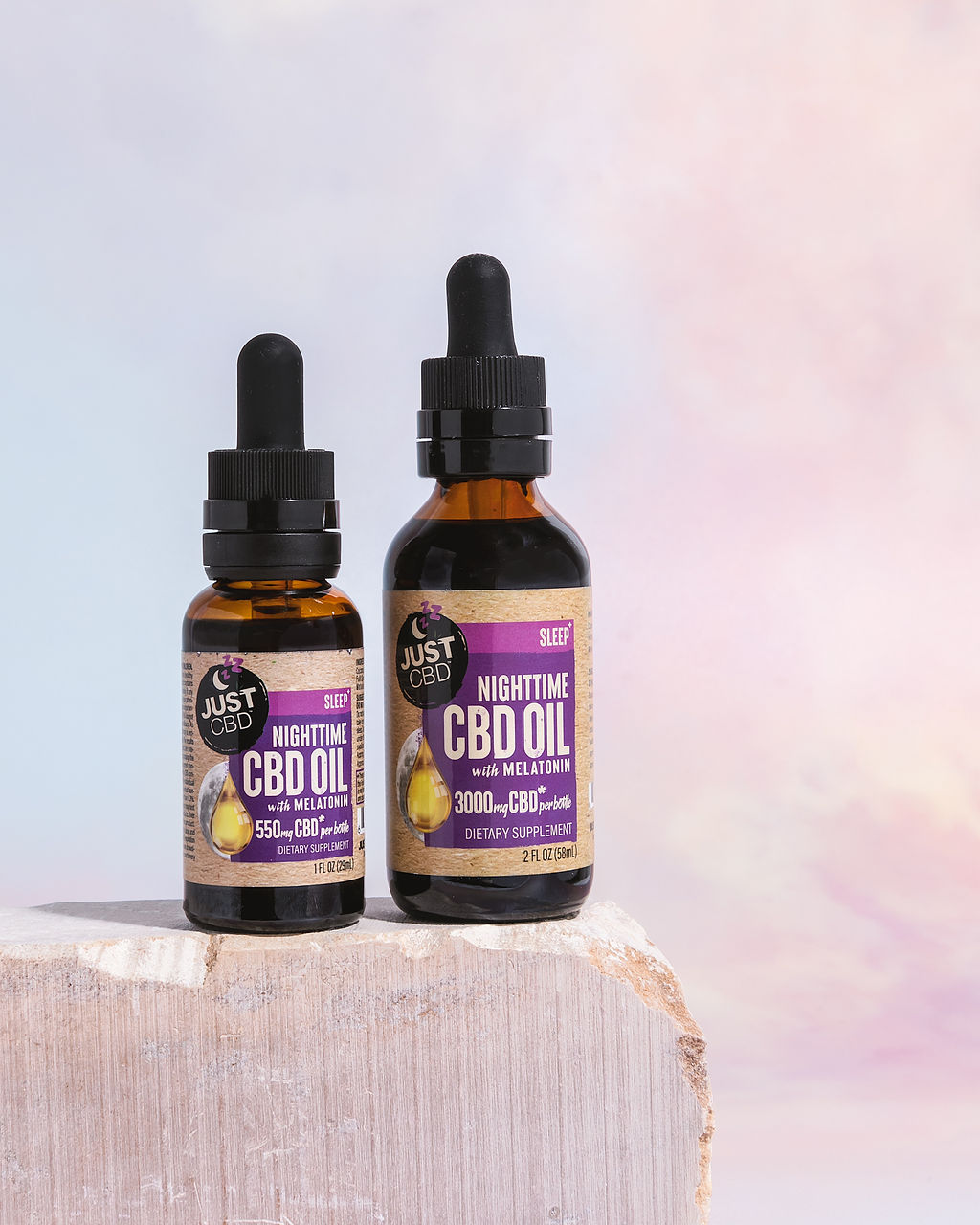Federal Regulations
Federal regulations play a crucial role in shaping the legality and availability of various substances within the United States. When it comes to kratom, a substance derived from the Mitragyna speciosa tree, its legal status remains complex and subject to ongoing debate.
DEA Schedule Classification
The Drug Enforcement Administration (DEA) classifies controlled substances into five schedules based on their potential for abuse, medical use, and safety risks. Kratom, however, is not currently classified under any DEA schedule. This means it does not have the same legal restrictions as drugs like heroin, cocaine, or marijuana.
Despite the lack of a formal DEA classification, kratom’s legal status varies across different states. Some states have outright banned kratom, while others allow its sale and use with varying regulations. The ongoing debate surrounding kratom centers around its potential benefits as a pain reliever and mood enhancer, as well as concerns about its potential for addiction and adverse effects.
Controlled Substance Analogue Act
One factor complicating kratom’s legal status is the Controlled Substance Analogue Act (CSA). This act empowers the DEA to regulate substances that are structurally similar to controlled substances, even if they aren’t explicitly listed as controlled substances.
The CSA’s “analogue” provision allows the DEA to potentially classify kratom or its derivatives as controlled substances based on their chemical resemblance to existing controlled substances. This creates uncertainty for consumers and retailers, as the legal status of kratom could change depending on future DEA actions.
State Laws
Understanding the legality of kratom products like Gold Shots requires navigating a complex web of state laws. While kratom itself isn’t currently classified as a controlled substance at the federal level, individual states have enacted their own regulations regarding its sale and possession. Some states have opted for complete bans, while others allow it with restrictions or require specific licensing for retailers.
Varying State Approaches

State laws vary significantly when it comes to kratom regulation. Some states have chosen to completely ban kratom, making its sale, possession, and use illegal within their borders. Other states permit the sale and use of kratom but impose various restrictions. These restrictions might include age limits, limitations on potency or concentration, or requirements for retailers to obtain specific licenses or permits.
The lack of a consistent national framework for regulating kratom leaves consumers uncertain about its legal status in different locations. It is crucial for individuals to research the specific laws governing kratom in their state before purchasing or consuming it.
Legalization and Restrictions by State
Understanding the legality of kratom products like Gold Shots requires navigating a complex web of state laws. While kratom itself isn’t currently classified as a controlled substance at the federal level, individual states have enacted their own regulations regarding its sale and possession. Some states have opted for complete bans, while others allow it with restrictions or require specific licensing for retailers.
State laws vary significantly when it comes to kratom regulation. Some states have chosen to completely ban kratom, making its sale, possession, and use illegal within their borders. Other states permit the sale and use of kratom but impose various restrictions. These restrictions might include age limits, limitations on potency or concentration, or requirements for retailers to obtain specific licenses or permits.
The lack of a consistent national framework for regulating kratom leaves consumers uncertain about its legal status in different locations. It is crucial for individuals to research the specific laws governing kratom in their state before purchasing or consuming it.
Specific Regulations for Gold Shots
Navigating the legal landscape surrounding kratom products, such as Gold Shots, can be challenging due to the patchwork of regulations across states. While federal law does not explicitly classify kratom as a controlled substance, individual states have adopted various approaches to its regulation.
Labeling Requirements
Specific regulations regarding gold shots containing kratom vary significantly depending on the state. Labeling requirements for these products are also subject to state-specific guidelines. Some states might mandate specific information be included on the label, such as the amount of kratom present, potential health warnings, or instructions for use. Others may have more lenient labeling requirements.
It is essential for consumers and retailers to stay informed about the specific regulations governing kratom products in their respective states. Consulting state health department websites or legal resources can provide the most accurate and up-to-date information regarding gold shot labeling requirements.
Manufacturing and Distribution Standards
Specific regulations regarding gold shots containing kratom vary significantly depending on the state. Labeling requirements for these products are also subject to state-specific guidelines. Some states might mandate specific information be included on the label, such as the amount of kratom present, potential health warnings, or instructions for use. Others may have more lenient labeling requirements.
It is essential for consumers and retailers to stay informed about the specific regulations governing kratom products in their respective states. Consulting state health department websites or legal resources can provide the most accurate and up-to-date information regarding gold shot labeling requirements.
Enforcement and Penalties
Enforcement of kratom regulations varies greatly depending on the location. States that have banned kratom may impose penalties for sale, possession, and use. These penalties can range from fines to imprisonment, with severity determined by factors such as quantity and intent. States that permit kratom may enforce regulations through licensing requirements for retailers, age restrictions for buyers, or limitations on potency. Violations of these regulations can result in fines, license revocation, or other administrative sanctions.

Federal Agency Oversight
Enforcement and penalties related to kratom vary widely across jurisdictions due to the complex legal landscape surrounding it.
States with outright bans typically impose strict penalties for sale, possession, and use of kratom. These penalties can include fines, imprisonment, or both, with severity often determined by factors like quantity involved and intent.
States that allow kratom may enforce regulations through licensing requirements for retailers, age restrictions for purchasers, limitations on potency, or specific labeling requirements. Violations of these regulations can result in fines, license revocation, or other administrative actions.
Federal enforcement is less clear-cut due to kratom’s lack of a formal DEA classification. However, the Controlled Substances Analogue Act (CSA) grants the DEA authority to regulate substances structurally similar to controlled substances, potentially including kratom derivatives.
State-Level Enforcement Measures
Enforcement of kratom regulations varies greatly depending on the location. States that have banned kratom may impose penalties for sale, possession, and use. These penalties can range from fines to imprisonment, with severity determined by factors such as quantity and intent.
States that permit kratom may enforce regulations through licensing requirements for retailers, age restrictions for buyers, or limitations on potency. Violations of these regulations can result in fines, license revocation, or other administrative sanctions.
Enforcement and penalties related to kratom vary widely across jurisdictions due to the complex legal landscape surrounding it.
States with outright bans typically impose strict penalties for sale, possession, and use of kratom. These penalties can include fines, imprisonment, or both, with severity often determined by factors like quantity involved and intent.
States that allow kratom may enforce regulations through licensing requirements for retailers, age restrictions for purchasers, limitations on potency, or specific labeling requirements. Violations of these regulations can result in fines, license revocation, or other administrative actions.
Federal enforcement is less clear-cut due to kratom’s lack of a formal DEA classification. However, the Controlled Substances Analogue Act (CSA) grants the DEA authority to regulate substances structurally similar to controlled substances, potentially including kratom derivatives.
Ongoing Debates and Future Outlook
The legal status of kratom in the United States remains a subject of intense debate and ongoing uncertainty. While kratom is not currently classified as a controlled substance at the federal level, individual states have adopted varying approaches to its regulation, leading to a patchwork of laws across the country. This complexity raises crucial questions about the future outlook for kratom and its accessibility.
Scientific Research and Public Health Concerns
The legal landscape surrounding kratom is in constant flux, shaped by ongoing scientific research, public health concerns, and political considerations. While kratom is currently not classified as a controlled substance at the federal level, the DEA has expressed concerns about its potential for abuse and addiction. This tension creates uncertainty for consumers, retailers, and policymakers alike.
Scientific research on kratom’s effects is still evolving, with studies exploring both its potential therapeutic benefits and risks. Research into kratom’s interaction with other substances, its long-term health effects, and the safety of different extraction methods is ongoing.
Public health concerns surrounding kratom center primarily around its potential for addiction and adverse effects. While some individuals use kratom safely and responsibly, others may experience dependence, withdrawal symptoms, or negative interactions with medications.
The future outlook for kratom depends largely on the outcome of ongoing debates and research. It is possible that federal regulations could classify kratom as a controlled substance, leading to stricter restrictions on its sale, possession, and use. Alternatively, further research may shed light on kratom’s potential benefits and risks, informing more nuanced regulatory approaches.
Ultimately, the legal status of kratom and its accessibility will be shaped by a complex interplay of scientific evidence, public health concerns, and political considerations.
Advocacy Efforts and Political Influences
The legality and availability of kratom in the United States are subject to ongoing debate and vary significantly across states. While kratom itself is not currently classified as a controlled substance at the federal level, individual states have enacted diverse regulations, ranging from complete bans to permissive frameworks with varying restrictions. This patchwork of laws creates uncertainty for consumers and retailers alike.
Advocacy efforts from both sides of the issue contribute to this dynamic landscape. Organizations promoting kratom often emphasize its potential therapeutic benefits for pain management and mental health, citing anecdotal evidence and preliminary research. They advocate for responsible use and access, arguing that regulation should focus on quality control and consumer education rather than outright bans.
Conversely, groups concerned about kratom’s potential for abuse and adverse effects push for stricter controls and, in some cases, complete prohibition. They cite concerns about addiction, withdrawal symptoms, and the lack of comprehensive research on its long-term health consequences. These organizations often collaborate with lawmakers and regulatory agencies to influence policy decisions.
Political influences also play a significant role. Legislators may be swayed by constituent opinions, lobbying efforts from various stakeholders, and public health recommendations. The debate surrounding kratom often intersects with broader discussions about drug policy, alternative medicine, and the balance between personal liberty and public safety.
The future outlook for kratom remains uncertain, subject to ongoing scientific research, evolving public opinion, and legislative action. The outcome of this complex interplay will determine the accessibility and legal status of kratom in different parts of the country.
Order Kratom Gold Shots Today at Just Kratom
- Dermal Fillers Near Thornton Heath, Surrey - July 2, 2025
- Dermal Fillers Near Egham, Surrey - July 1, 2025
- Daring And Bold: Crotchless Lingerie For Adventurous Play - June 28, 2025
